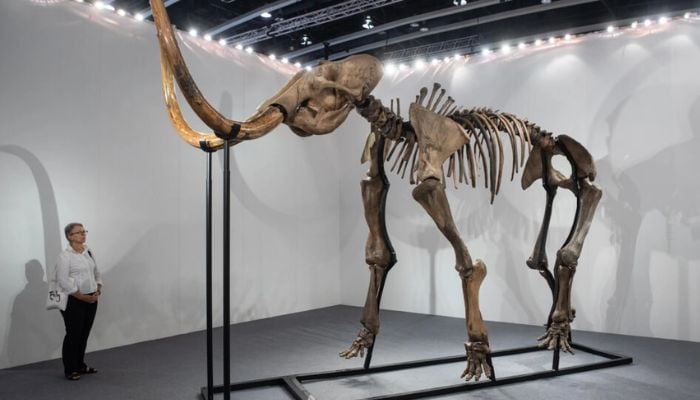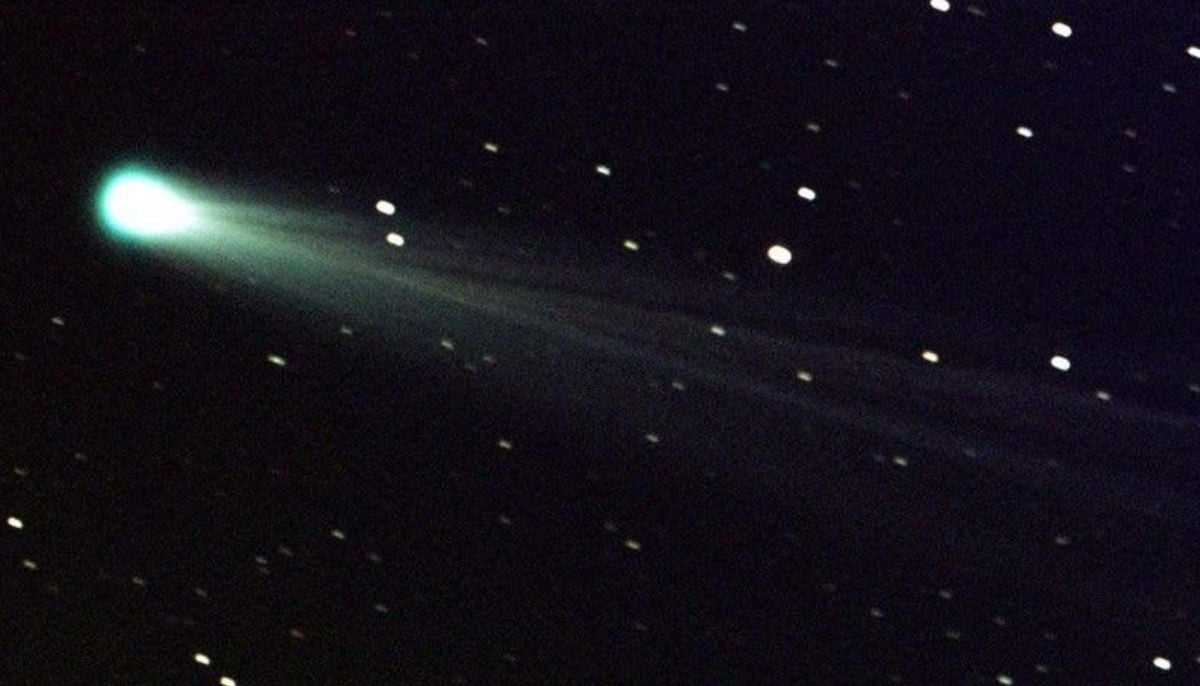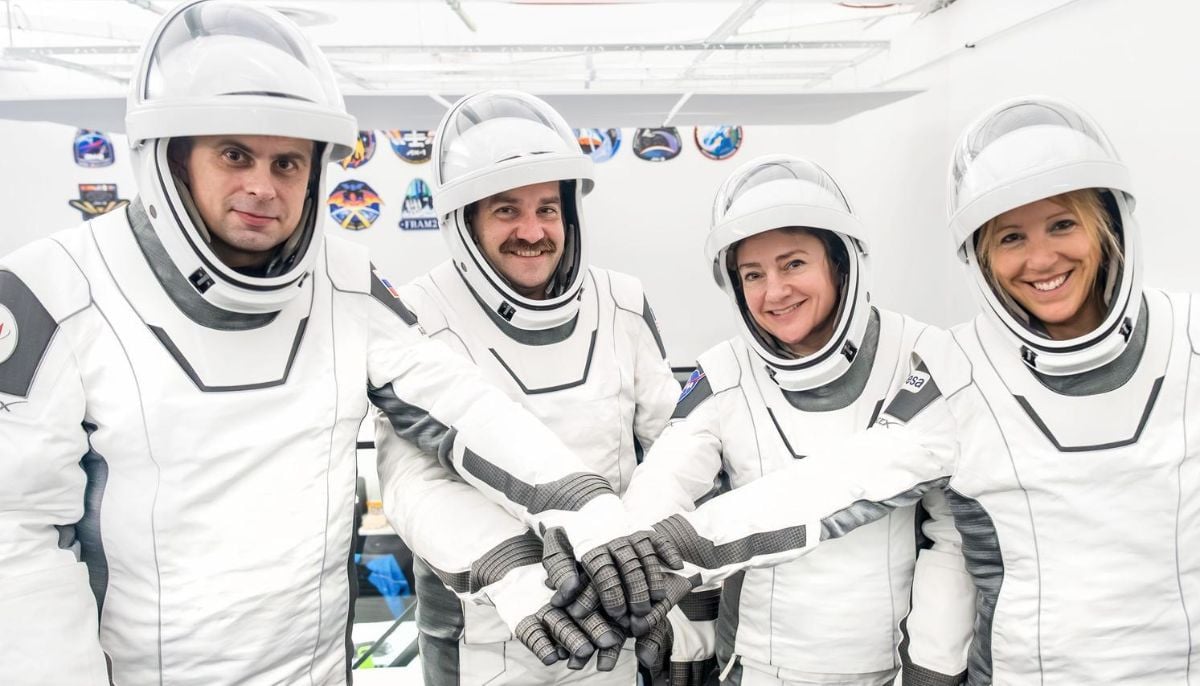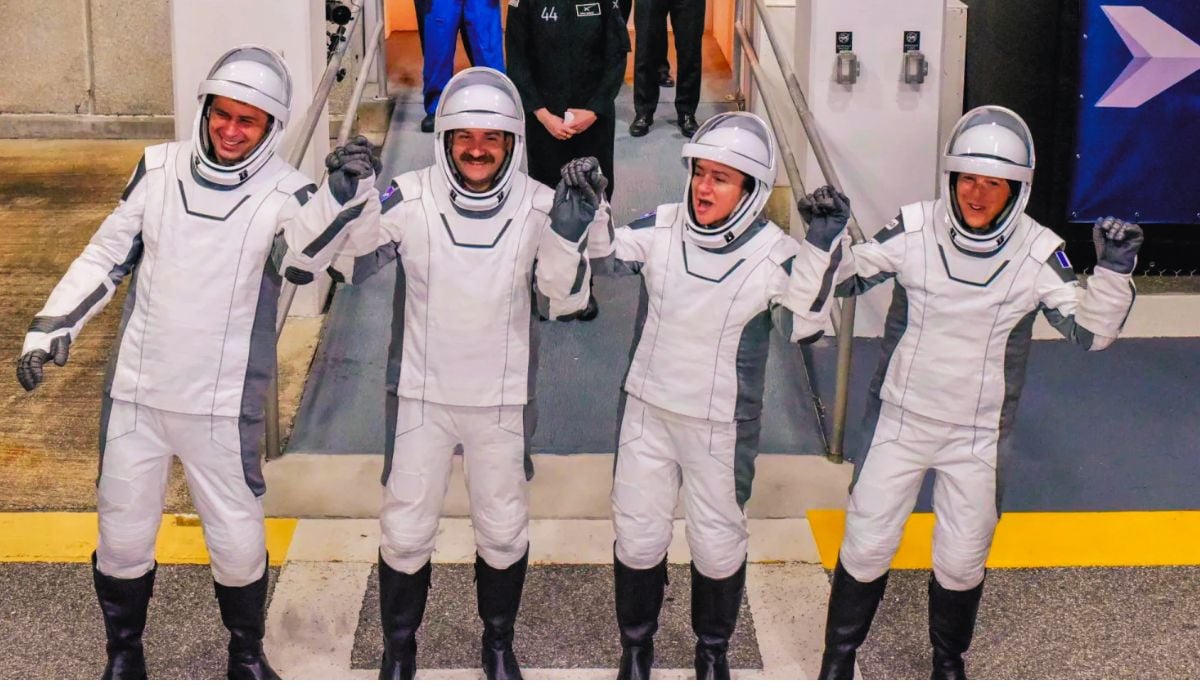World's first woolly mammoth meatball is not April Fools' joke
Cell-based meat like the woolly mammoth meatball can be produced without killing livestock, which proponents argue is better for both the environment and the animals
A meatball made of lab-grown cultured meat utilising the genetic sequence from a long-extinct mammoth was unveiled on Tuesday by an Australian company, which claimed it was done to spark discussion about the high-tech treat.
Several days before April 1, the launch took place in an Amsterdam science museum, raising the question, "Is this for real?"
"This is not an April Fools' joke," Tim Noakesmith, founder of Australian startup Vow, told NPR. "This is a real innovation."
Animal cells are used to create cultured meat, also known as cell-based meat. It can be produced without killing livestock, which proponents argue is better for both the environment and the animals.
They utilised genetic information from the mammoth that was available to the public, filled up any gaps with data from the mammoth's closest living relative, the African elephant, and then implanted it into a sheep cell, according to Noakesmith. The cells multiplied in a lab under the appropriate circumstances until there were sufficient numbers to form the meatball.
More than 100 businesses, many of them start-ups like Vow, are working on cultured meat products worldwide.
According to experts, if the technology is widely used, it might significantly lessen the future environmental effect of meat production worldwide. Agriculture also occupies billions of acres of land.
Even its designers have not tried the giant meatball, and it is not intended to be produced commercially. It is a one-off. Instead, it was positioned as a protein source that would spark discussion about the future of meat.
Tastes like chicken?
If that process doesn't put you off, then the safety issues might.
"I won't eat it at the moment because we haven't seen this protein for 4,000 years," said Ernst Wolvetang of the Queensland University's Australian Institute of Bioengineering who worked with Vow on the project.
"But after safety testing, I'd be really curious to see what it tastes like."
The scientists slow-cooked the giant ball in an oven before browning the outside with a blowtorch.
"It smelt a bit like when we cook our crocodile meat," James Ryan, Vow's chief scientific officer told the audience.
Christopher Bryant, a British-based expert in alternative proteins told AFP prospective lab-meat lovers had nothing to fear from cultured meat.
"Unlike conventional meat, which comes from dirty and unpredictable animals, cultivated meat is produced with extreme precision in sanitised food production facilities," he said.
"Because of this, cultivated meat avoids the foodborne pathogens, antibiotics, and other contaminants frequently found in meat from animals," he told AFP.
-
‘Smiling electrons’ discovered in Earth’s magnetosphere in rare space breakthrough
-
Archaeologists unearthed possible fragments of Hannibal’s war elephant in Spain
-
NASA's Hubble Space Telescope discovers ‘Dracula Disk', 40 times bigger than solar system
-
Annular solar eclipse 2026: Where and how to watch ‘ring of fire’
-
Scientists discover rare form of 'magnets' that might surprise you
-
Humans may have 33 senses, not 5: New study challenges long-held science
-
Northern Lights: Calm conditions persist amid low space weather activity
-
SpaceX pivots from Mars plans to prioritize 2027 Moon landing













